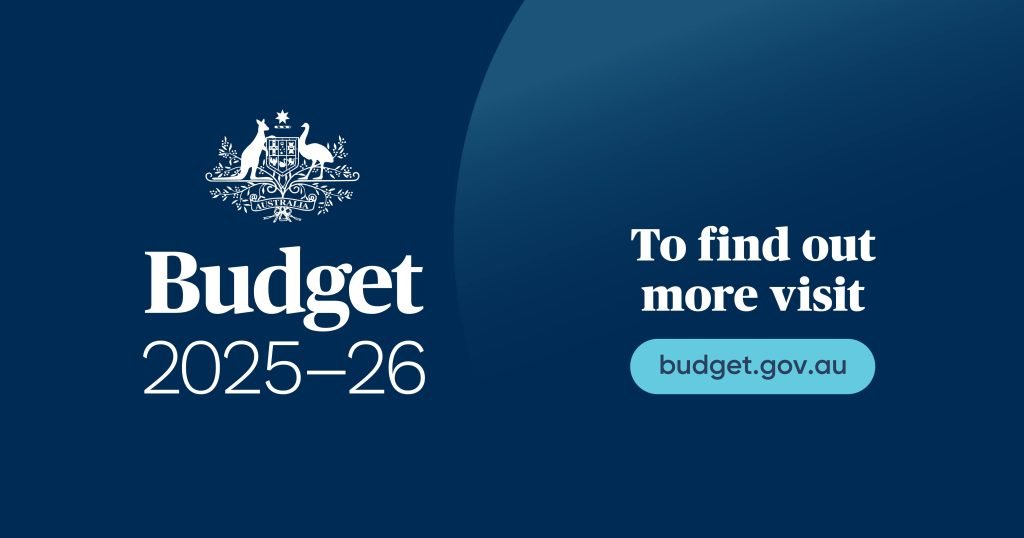
The purpose of counselling is to assist people who require outside help to manage and resolve their personal difficulties. People seek out counselling when they want to change something in their lives, or to explore their thoughts and feelings in a more in-depth manner with a professional. Counselling exists to help individuals look at, identify, and deal with the issues that may be affecting their life in some way. These issues are of an emotional, behavioural, and environmental nature that may be deep-seated into the psychology or make-up of the person. Counselling provides the tools to access the underlying causes, address them, and to seek suitable assistance in regaining a better balance and control in life. So, while counsellors may not give a list of definitive answers and instructions on how to fix problems, what they will do is provide what is needed for the client to develop their own insight and understanding about themselves. From there they can work on resolving the issues they are facing.
Counselling can be used for:
- Overcoming fears and phobias
- Managing depression and other mental health issues
- Banishing or managing addictions
- Changing negative thoughts, traits and beliefs
- Coming to terms with traumas, grief, and situations such as abuse
- Managing situations of risk (such as a developing hereditary condition)
- Making important life choices for positive change and to release past issues
People have a need for counsellors because they are trained in addressing these issues and importantly, they will do so with an objective viewpoint. People may choose to receive counselling because they feel they need to talk about personal issues with someone that is outside their circle of family and friends. Everyone has biases and some things we say can have an undesired effect on relationships and how people view others. Counselling offers the safe and confidential environment that takes this problem out of the equation, giving the client the freedom to explore their thoughts with an unbiased listener.



